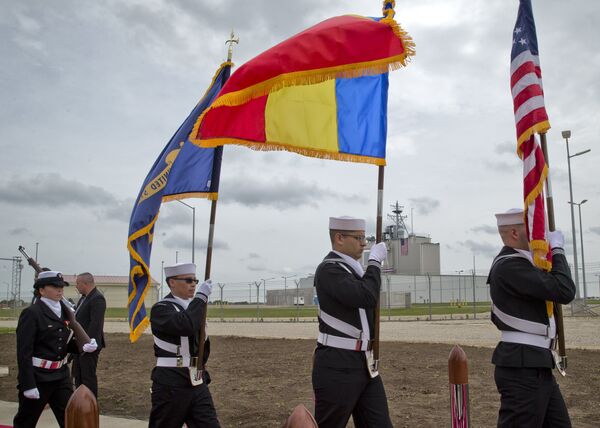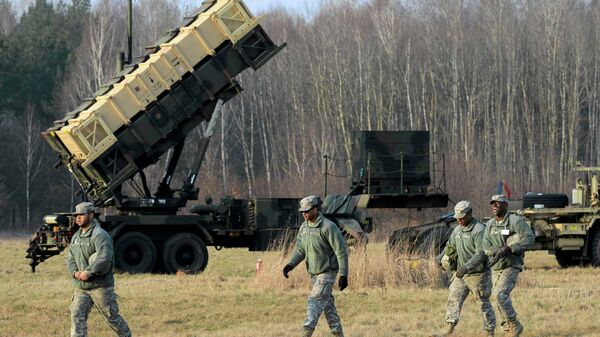"Russia is a continental-sized great power armed with the world's largest arsenal of nuclear weapons. The ambition to achieve Western military superiority is simply unattainable," he noted.
Sakwa's doomsday scenario involves an armed conflict that could wipe out all mankind. "It is pointless to speculate what a war between Russia and the Atlantic community would look like, or even how it would start. This really would be a war to end all wars, since there would be no one left to fight" another one, he warned.
The points of contention between the West and Russia include, but are not limited to the Ukrainian crisis, the Syrian conflict and NATO's military buildup in Eastern and Central Europe, as well as the Baltic states.
"In fact, there are so many potential tripwires that it is impossible to predict which precisely could set off a chain of events that could escalate into outright military confrontation," the professor noted.

Take NATO for instance. The North Atlantic Alliance recently opened an Aegis Ashore base in Romania's Deveselu. It is a land-based component of the controversial US-built ballistic missile defense system that is supposedly aimed to protect Europe and the US from Iran's offensive nuclear capabilities, but Moscow fears that it is in fact the real target.
The Ukrainian civil war, sparked by a foreign-sponsored coup in February 2014, is another case in point. Russia has been active in trying to resolve the deadly conflict in the neighboring country through the Minsk peace process. Yet NATO's top brass blames Moscow for the ongoing troubles in the region.
"Instead of piling more fuel on a fire that is already in danger of getting out of control, it would be wiser to start a diplomatic process. NATO insists that there can be no 'business as usual' until the Minsk commitments are fully implemented, yet some of the most important provisions are up to Ukraine to fulfil," the analyst explained.
"So Russia, and with it the peace of Europe, is held hostage by some radicals in Ukraine who block any moves towards elections in the Donbass and the stipulated decentralizing constitutional reforms," he added.
Both sides, the professor noted, should take steps to bridge their differences. "The endless prolongation of sanctions," as well as "rhetoric of violence and scapegoating" is only making this harder to achieve.


